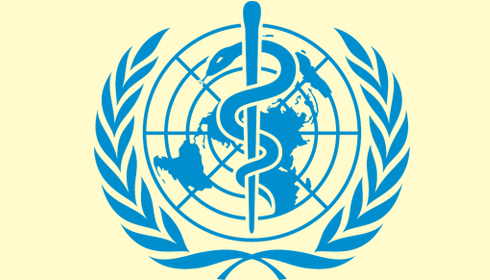
WHO Urges Immediate Action Amidst Impending Humanitarian Crisis in Rafah
The World Health Organization (WHO) expresses deep concern over the potential ramifications of a full-scale military operation in Rafah, warning of a possible bloodbath. With over 1.2 million people currently seeking refuge in the area, many unable to relocate elsewhere, any new wave of displacement would compound existing overcrowding issues. This would further restrict access to essential resources such as food, water, healthcare, and sanitation services, leading to heightened disease outbreaks, increased hunger levels, and additional loss of life.
The ongoing conflict has severely impacted Gaza's healthcare infrastructure, with only a fraction of hospitals and primary health care centers operational due to repeated attacks and shortages of critical medical supplies, fuel, and personnel. Efforts to restore and bolster health services are underway, but the fragile system is ill-equipped to handle a surge in casualties and fatalities resulting from intensified hostilities in Rafah.
Existing hospitals in Rafah are at risk of becoming inaccessible and nonfunctional amidst escalating violence, leaving the south with limited healthcare facilities. In response, WHO and its partners are focusing on expanding services and pre-positioning medical supplies, including the establishment of additional primary health centers and medical points in various regions. A new field hospital is being set up in Al Mawasi, Rafah, while a large WHO warehouse has been established in Deir al Bala to facilitate the rapid distribution of supplies to areas in need.
In the northern regions, efforts are underway to bolster services at key hospitals and support the transfer of critically ill patients to facilities where they can receive adequate treatment. Despite these preparations, WHO anticipates a significant increase in mortality and morbidity once the military incursion occurs.
WHO urgently calls for an immediate and sustainable ceasefire and the removal of barriers hindering the delivery of essential humanitarian aid into and across Gaza. Furthermore, it emphasizes the need for the protection of healthcare facilities and personnel, stressing that those working to save lives should not be subjected to additional risks. Parties involved in the conflict are urged to respect the sanctity of healthcare and ensure that health facilities remain accessible and secure for patients, healthcare workers, and humanitarian partners.